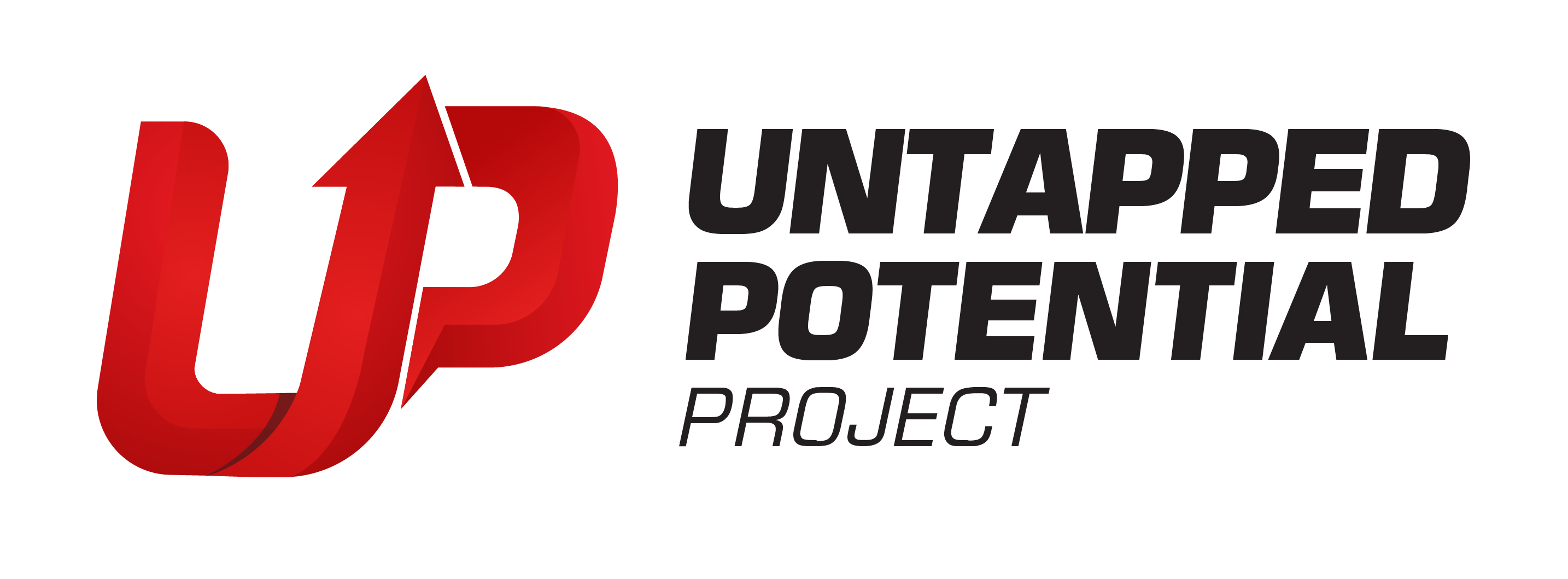The confluence of the COVID-19 pandemic and accelerating changes to the nature of work bring us, in this moment, to a dramatic turning point. How — and if — we respond by updating our education and labor market systems will determine the future course of our society.
That might sound like a dramatic pronouncement, but it rings true to me. It also happens to be the focus of a new paper from the Brookings Institution that is well worth the 30 minutes or so required to read it.
Written by Brookings fellow Annelies Goger, the paper argues that two key problems are keeping many people from realizing their full potential. First, “an educational system that poorly serves its largest student population (so-called “nontraditional” adults),” and second, “a credentialing system full of noncredit courses and certificates with little assurance of quality or transparency.”
Goger says that as the traditional college degree has become increasingly expensive and, to some, irrelevant, a ‘haphazard proliferation of alternatives” has arisen. The problem with some of these alternatives, she says, is that there is no quality control system to oversee them. Even worse, she says, is that in many cases there is no linkage between the programs and their value to prospective employers.
Identifying problems is always easier than devising solutions. But Goger does her best in this paper. She advocates for “earn and learn” opportunities, similar to those that have long existed in other countries.
What does she mean by this? Goger writes:
“…the best workforce program outcomes come from sector-based trainings that are work-based, part of a longer career pathway program, and include access to one-on-one career navigation assistance and other wraparound services. In particular, evidence suggests that apprenticeship programs work better and are more cost-effective than occupational training that is disconnected from work experience.”
Anyone who follows this blog or is familiar with the work of the Untapped Potential Project will understand why this paper makes my heart sing. The schools we are planning aim to do exactly what Goger describes in the preceding paragraph.
It is gratifying to work on the leading edge of what I believe will be a revolutionary change to both our education and labor market systems. This new paper validates that belief.

